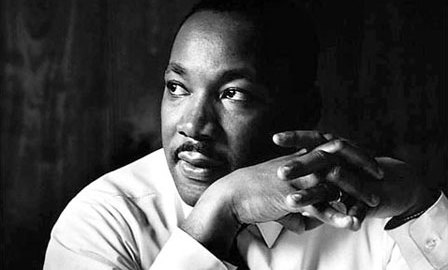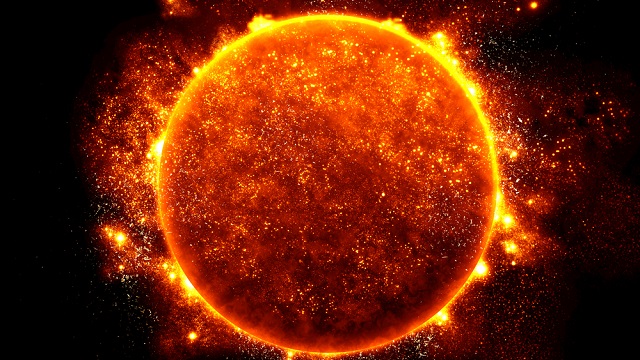Two Versions of Dr. Martin Luther King: Clawless and Flawless

I think we have a distorted vision of Dr. King because need him to be useful to us in ways that ameliorate our situation but also mollify our consciences.
In one sense, Dr. King is a drug we take. He’s also a language we speak. He’s also an ideal after which we strive. And when somebody is that complicated and converges in that many different ways it opens up possibilities of extraordinary investigation of his or her life but also exploitation of their legacies.
And in this case I think that we need in many parts of America to see Dr. King as somebody who believed what we believe. Many white Americans wanted to make him clawless. Many black Americans wanted to make him flawless.
White Americans wanted to make him clawless for the most part because there was enormous guilt after the death of King. After all, one man held the gun but many more believed it was a good idea or believed that Dr. King was a troublemaker, a dangerous person. The second in command of the FBI said that he was the most dangerous Negro leader in America and the most effective, and as a result of that he had to be gotten rid of.
They sent notes to Dr. King, letters, suggesting that he kill himself. This is very much incomprehensible to many people now that the government itself would intervene in such a nefarious fashion to suggest to an American citizen that he or she could consider suicide to get rid of oneself in order to remove him or herself from the American scene.
And so Dr. King was such a figure who could be used I think for many white Americans as this ideal representation of the aspirations of America – and especially in terms of democracy. So they wanted him clawless because his danger, his puncturing the holes — puncturing holes in to this mythology of American perfection, his notion that democracy– that patriotism must be a critical one, that is to say it wouldn’t be an uncritical celebration of America or a valorizing of the existing or status quo but to challenge it out of love for nation.
So many wanted to remove the claws, the difficulties, the conflicts, his criticism of Viet Nam, his ability to say that poor people must be taken care of and that America for the most part with the Civil Rights Bill and the Voting Rights Act had not really done something that was serious and significant for the masses of poor people.
So therefore in order to exchange this King who was a teddy bear, a cuddly figure, they offered to him lesser prizes, a national holiday. To be sure, black and white people in a racial coalition among many others worked for Martin Luther King Jr.’s birthday to be a national holiday but the concession on the part of the establishment was to in one sense get rid of King, to silence him through softening him, but that of course I think in many ways hasn’t worked.
On the other hand, black people wanted him flawless because they saw the unprincipled assault upon King and they wanted therefore to assert his perfection, but by asserting his perfection they lose sight of how Dr. King must look to younger people now who figure “Well, I could never be like him because he was a perfect guy.” And sometimes we make him perfect so we can dis Jesse Jackson or Al Sharpton or whatever figure we happen to turn to now to contrast them negatively to Dr. King. But everything negative that was said about Jesse Jackson or Al Sharpton or has been has- was also said about King. So those two- those competing interests make it a very difficult sale.
In Their Own Words is recorded in Big Think’s studio.
Watch the interview with Michael Erik Dyson here.
Image courtesy of Shutterstock





